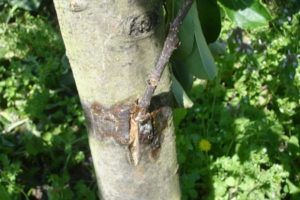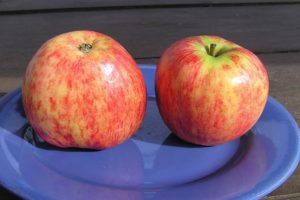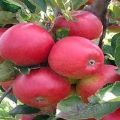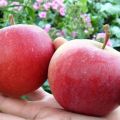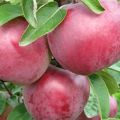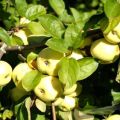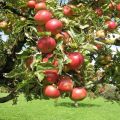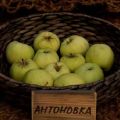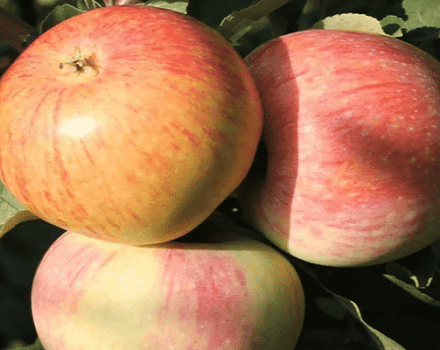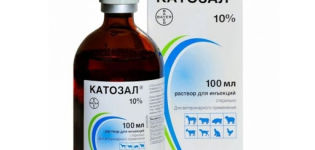Description and characteristics of the Orlovim apple variety, planting, growing and care
The apple tree is a common fruit crop found in every garden. The difficulty for the summer resident is the choice of the variety. Orlovim is an apple tree that attracts with positive reviews and characteristics. Those who once tasted its fruits definitely want to grow such a tree in their garden.
Pros and cons of the Orlovim variety
The advantages and disadvantages of a species are an important criterion when choosing. The more pluses a variety has, the more likely it is to become popular.
Advantages:
- high frost resistance;
- annual stable harvest;
- high commercial characteristics;
- early fruiting;
- versatility of use, high taste characteristics;
- resists scab.
Disadvantages:
- short shelf life;
- the height of the tree makes maintenance difficult.
The Orlovim variety belongs to the species that ripen in early autumn. The advantages of an apple tree should be evaluated only after the tree is planted on the site.
Description of culture
To understand whether the variety is suitable for growing on the site or not, the gardener needs to study the description of the Orlovim apple tree. This information will help to correctly position the plant on the site and prevent mistakes when growing.
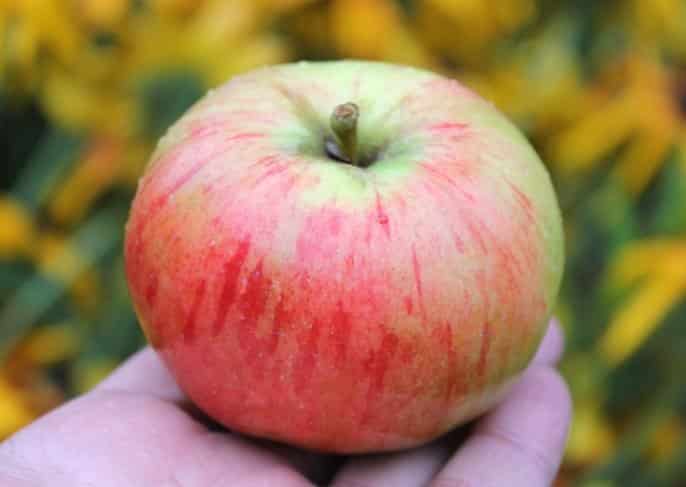
Barrel height
If the variety is grafted onto a vigorous stock, its height reaches 5 m. On average, the trunk length is 4.5 m. If desired, the summer resident limits the growth of the tree to the required height.
Crown diameter
The spherical crown reaches 6 m in diameter.
Tree yield
If all agricultural techniques are followed, then 100 kg of apples are harvested from a 9-year-old tree. The weight of 1 fruit ranges from 120 to 180 g. It is important to feed, water and form plants on time.
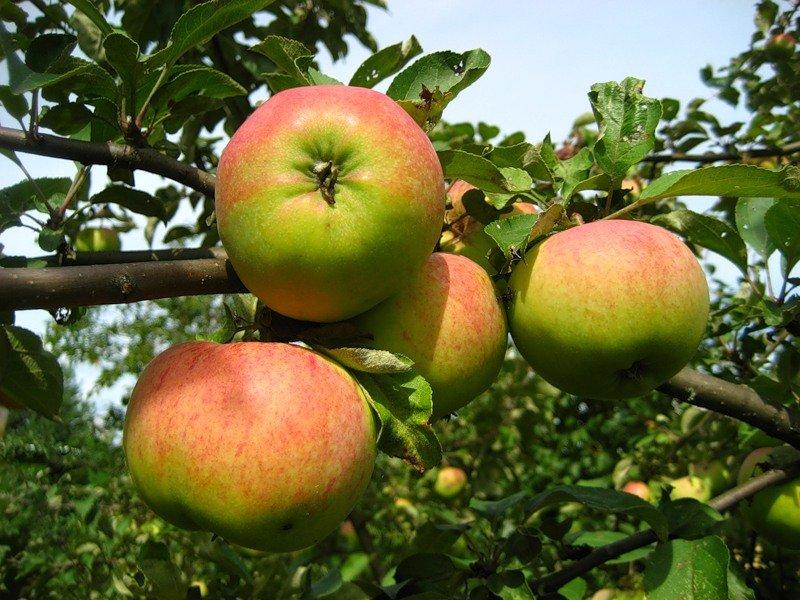
Pollination and pollinating varieties
Orlovim is a self-fertile apple tree. To increase the yield, it is recommended to grow pollinating varieties at a distance of 5-6 m.
For this purpose, such trees are chosen whose flowering period coincides with the planted variety.
Late summer apple trees are planted as pollinators.
Suitable varieties:
- Pepin Saffron;
- Scarlet Anise.
Apple tasting score
The tasters rate the taste of the fruit at 4.6 points and the appearance at 4.3 points. Taste characteristics are excellent, apples are in demand.Lack of short shelf life of fruits.
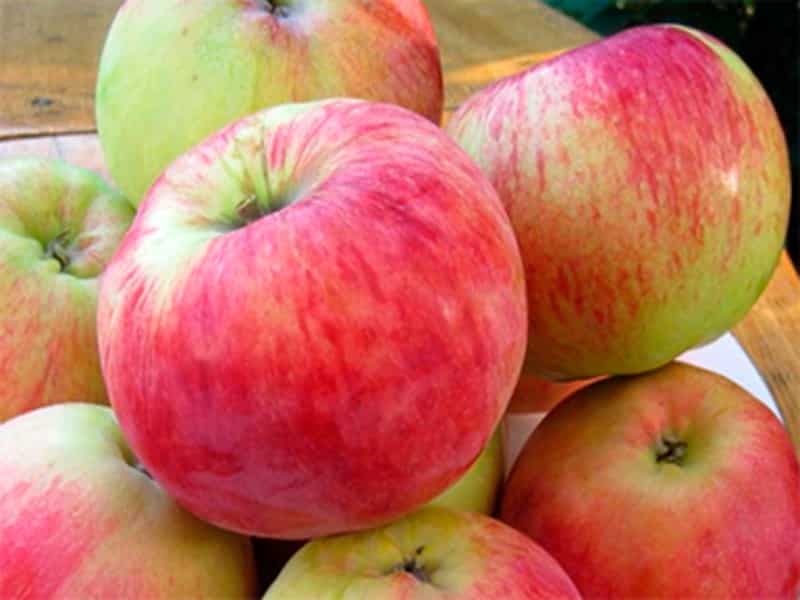
Frost resistance
Withstands temperature drop down to -35 ⁰С. Doesn't need additional shelters for the winter.
Disease and pest resistance
The Orlovim variety is valued for its immunity to a dangerous crop disease - scab. Also, the apple tree is resistant to the main diseases characteristic of fruit trees.
Planting and care rules
In any business, it is important to follow simple rules. When planting an apple tree, following the recommendations will help to grow a strong plant that will bear fruit in the future.
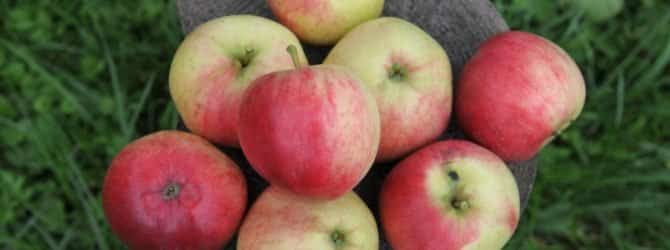
Dates and scheme of disembarkation
For each region, the timing of planting trees. In warm regions they are planted in autumn, in cold springs. The optimal time is September or April. When planting in the spring, do this before bud break. In autumn, 1-1.5 months before the first frost. The planting pattern between trees is 3 m, between rows 5 m.
Required soil composition
It is advisable to pick up loam or sandy loam soil. The acidity should be neutral. Fertile soil, good air and moisture permeability, the best solution for planting apple trees in the ground.
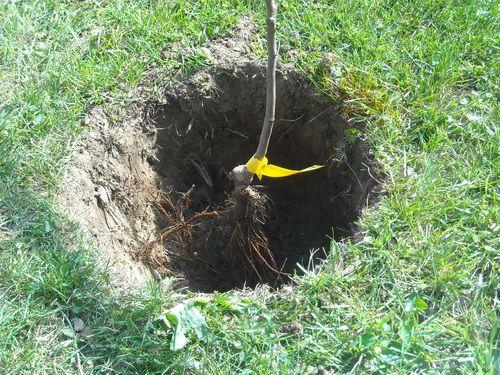
Optimal landing site
Well-lit area, protected from draft and wind. Great importance is attached to the depth of groundwater. Optimally 3-4 m. A hole is dug in advance, a drainage layer is formed at the bottom. They are covered with fertile soil mixed with humus, wood ash, river sand and mineral fertilizers.
Top dressing
For the whole season, the Orlovim apple tree is fed 3-4 times. At the beginning of spring, organic matter is introduced, then during flowering complex mineral fertilizers are used.
The next feeding is carried out during the formation of ovaries. Use nitrophosphate and sodium humate.
Finally, in the fall, during preparation for winter, the plant is fed, bringing peat and humus into the trunk circle.
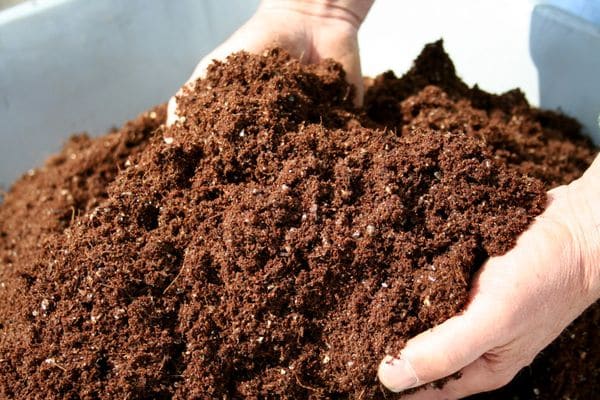
Watering
The volume of water depends on the climate and the age of the tree. Saplings need 2-3 buckets, starting from 2 years of age, 4-5 buckets. At a more adult age, it is necessary to water the near-stem circle so abundantly that it soaks the ground to a depth of 0.8 m. The frequency of watering depends on the weather, less often in rainy periods, more often in drought.
Pruning
Correct crown formation allows you to get a high yield of large fruits. In addition, the thinning of the branches ensures the supply of oxygen and sunlight. This procedure is carried out in spring or autumn. Remove branches that grow parallel or inside the crown. In autumn, they carry out sanitary pruning, remove sick, old branches. Anti-aging pruning is carried out periodically, it helps to increase the yield and size of the fruit.
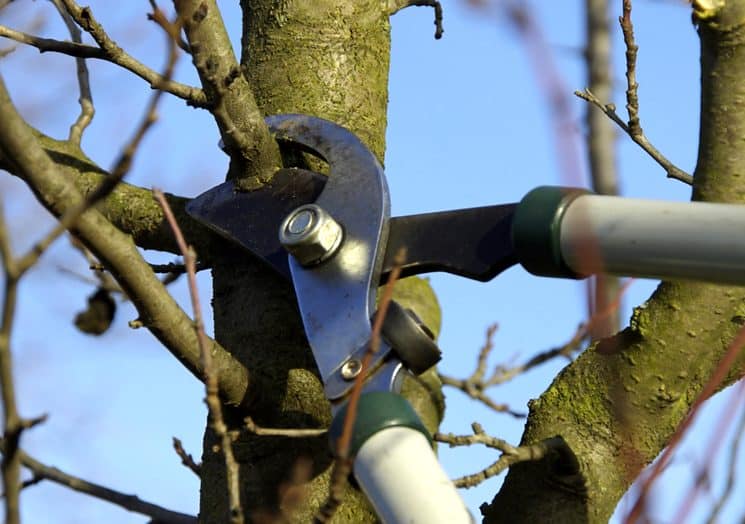
Cutting a young apple tree
Young plants need light pruning. The first year the seedling is not touched. Pinch gently, use a sharp tool. Then the main stem is cut off, 5-6 skeletal branches are left, the rest are removed. In subsequent years, the branches are shortened by 1/3 part.
Formation of the crown of an adult tree
The crucial moment in the gardener's work. It is recommended to remove all branches that grow parallel to the main stem. Cut off those shoots that grow inside the crown. When properly formed, the plants will give a bountiful harvest.
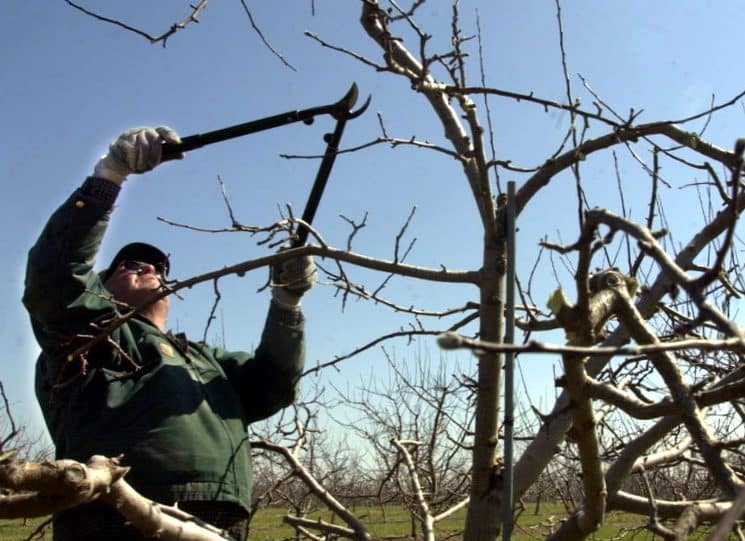
Wintering and mulching
The Orlovim variety is frost-resistant, but summer residents are advised to mulch the tree trunk circle with plant residues, peat, humus. This increases the chances that the tree will overwinter successfully.
The nuances of growing in different regions
Each region has a different climate. Therefore, the cultivation of the Orlovim variety is slightly different. Zoned variety for Central Russia. Therefore, growing in Siberia is possible only with the formation of a creeping crown. This keeps the branches from freezing.In the Leningrad Region, gardeners are satisfied with the variety, since not every tree has high winter hardiness and immunity.
Features of ripening and fruiting
The tree begins to bear fruit from the 3rd year of life. Orlovim requires the obligatory presence of pollinating varieties in the immediate vicinity. This increases the yield.
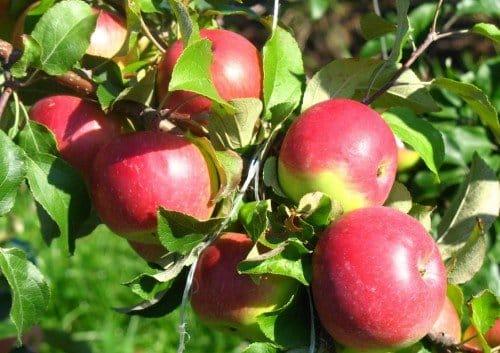
The tree begins to bloom in May, the ripening of the fruits is uneven. The beginning of fruiting occurs in late August and early September. The shelf life of apples is up to a month, subject to the temperature regime.
Where is the fruit used
Since the shelf life of apples is short, the fruits are used for drying, making desserts and juices. Housewives cook compotes, make pie fillings. There are many options for using apples, you just have to choose to your taste.
Orlovim has been known to gardeners since 1977. During this time, the variety has shown its best side. Minor flaws are covered by a large number of the advantages of wood. Observing the requirements and recommendations for cultivation, the gardener receives a high, stable, annual yield. The taste of apples remains the same, no matter how many years the tree bears fruit.
